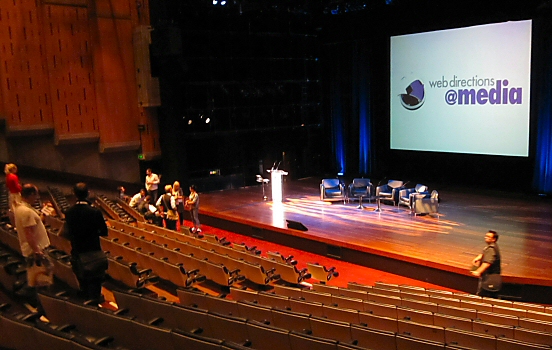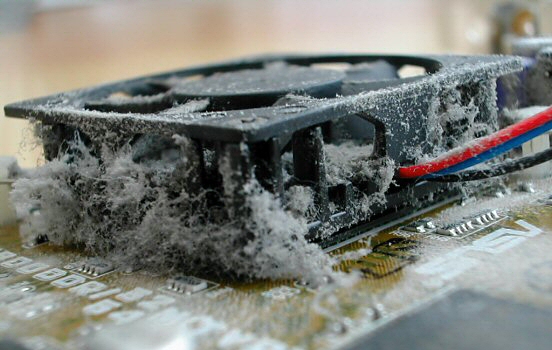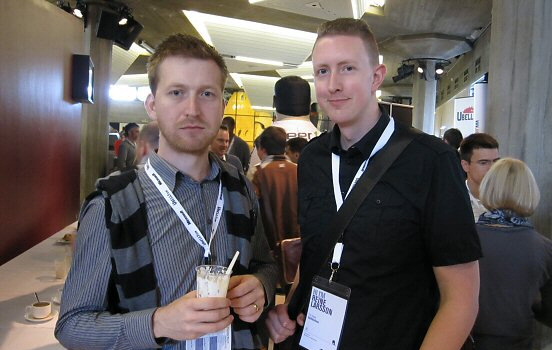
The perils of social media
For the last decade, many seems have succumbed to the neural addiction of social media. Users are expected to be endlessly scrolling their feeds, or “doomscrolling” as it is often being referred to.
Found 29 hits, currently showing 1-10.

For the last decade, many seems have succumbed to the neural addiction of social media. Users are expected to be endlessly scrolling their feeds, or “doomscrolling” as it is often being referred to.

What happens in a decade? When it comes to the Internet, quite a lot. In 2007 we didn’t have smartphones, apps, tablets or responsive design. Now, ten years later, there are 2.5 billion smartphones in the world.

A short time after the shutdown of WaSP, it was announced today that Google Reader will be closed on July 1st. While there are replacements available for the RSS reader itself, I can’t help but thinking of the larger picture.

Several years ago there was much talk in the accessibility area about Braille displays. But today flat touchscreens are everywhere, in smart phones, pads and music players. How does a visually impaired person use a touchscreen interface?

What do you do if you want to know the birth date of Abraham Lincoln? You most likely “google” it. A few seconds later you know the answer and a lot more about the president. But a mere fifteen years ago, we probably looked it up at a library or in a dusty encyclopedia book.

Each day, an estimated 100 billion clicks are made on the web due to 55 trillion links in HTML pages. That amount of links almost match the synaptic wiring of the human brain, but unlike the brain, the web double its capacity every two years.

Social media has conquered a large chunk of our lives in a very short time span, and one of the driving forces has been the arrival of the smartphones.

The @media conference, or Web Directions as it is officially called these days, was once one of the pinnacles of web development. The celebrities of the web community gathered once a year and confirmed their positions as generals in the web standards war.

Google has just updated their indexing machine, calling the new system Caffeine. To honor its name, the index is refreshed much faster than before.

I’ve had the good fortune to try the new iPad on two separate occasions during the past week. The user interface is clean and intuitive, eliminating the need for reading boring manuals.